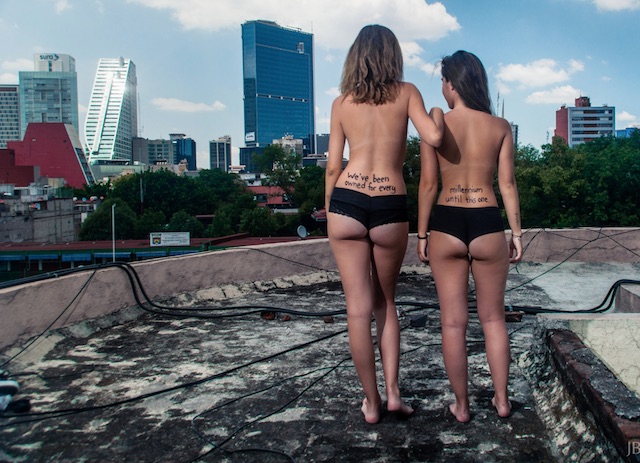
The body as a canvas came as a joke at first.
After being asked, “How are you going to get people to read your poetry, Jessica?” the most effective solution seemed to be to combine the poetry with something that’s really popular: porn. Soft-core porn, anyway.
I didn’t really take the idea seriously at first, writing on girls’ butts and boobs to sort of trick people into reading what I had to say, but after some time, I wondered, why not try it? Rapid, visual stimulation is the preferred method of media consumption this millennium. Writing poetry on people’s skin and taking interesting, artistic photos of the results, then, could have the impact I was looking for.
I decided I would not limit where I wrote to butts and boobs, though.
There is something innately personal about writing on a person’s skin, getting all up in their business—an elbow in the face, a face between their legs. The physical act requires closeness and touching. It requires the model to let me examine their body, see their so-called imperfections, analyze how to take a photo of the poem on their body that will be both honest and appealing to look at.
Even more invasive, in a way, is the fact that I am not only taking a marker and writing on their body, but I am writing a poem on them that was written specifically about them. This element of the project is meant to add a layer of depth to the poetry and to make a connection with the person, rather than just using their body as a tool.
A big part of the project, and of poetry overall, has its roots in connecting with others. Poems are so often written about something deeply personal, with the knowledge that others have their own versions of the deeply personal thing that is being shared. A death, a loss, heartbreak, love, political and social struggles, sex, emptiness, pure joy. These things are not unique feelings in anyone; they are shared. Poetry takes our experiences and our feelings and finds a way to express them, the hope being that the words will somehow help life click into place a little bit more, providing a basis for connection, understanding, or an acceptance of the inability to understand.
Physiopoetry—poetry written on skin—aims to expand that connection beyond just the words by giving immediacy and life to what is contained therein.
Subjects I touch on often are the ones I think can provide a kind of service to people. I write in response to racism and cultural prejudice and sexism, I write about inequality and bullying, I write about mental illness, encouraging people to be more open about their feelings, not letting sadness or grief become a source of shame.
Body image, especially for women, is something that seems to be a constant struggle, and it is built into the project in a way, because writing on a body calls attention to the body that is the canvas—it has to. Sometimes I write on people whose bodies are thin and toned, and sometimes I write on people who have some fat here and there, or even everywhere. The point I want to make in writing on people of all shapes and sizes is that beauty does not have a universal definition. The more we can fight against what we are told to think about how we are supposed to look, the easier it will be to see beauty where the media says it doesn’t exist.
The most important gift any of us can give is to ourselves, and it is love. If we don’t love ourselves, providing others with love becomes a struggle, if it’s even possible. Making people feel beautiful and showing off all different kinds of beauty is important to me, because perhaps it will help people find a way to give this very important gift to themselves.
Skin on Sundays, then, is more than just poetry and photography. It’s a social movement that uses the medium of poetry written on the body as a canvas to spread valuable messages to a more expansive audience. People who would not normally read poetry have a higher chance of reading it if it is written on someone.
Poetry has the ability to enlighten, inform, comfort, and connect. Especially in this digital age, where fake news and consumerism are rampant, feeding us nonsense and brainwashing us in order to sell, sell, sell, it feels especially imperative to use my passion for art and writing and my voice to contribute something real and honest and positive to the world.
In this episode of Skin on Sundays, titled “Queen is the New King,” two sisters from Mexico City came together to help send a message to Mexico City and the world.
Gender inequality, in Mexico City especially, is a huge problem, but we want to change that. In Mexico City and across the Latin world, women showing any skin will almost always receive an abundance of kissy face noises and whistles and honks accompanied by heavy stares. Hopefully no one touches or grabs us. Hopefully no one rapes us. Even women stare at other women showing skin, as if showing skin is a violation of some unwritten code of conduct. The people are perpetuating this behavior and feeling justified to behave that way because it is what they are fed.
Women are still, in 2017, in a position to be harshly and negatively judged based on their choice to wear clothing that shows skin, as if somehow she has less value because of what she is projecting. In an equal society, a woman would have the choice to wear anything she wants without it indicating something about her sexuality, her intelligence, or her level of success.
That is why people need to be fed something different. This is the message. Women are coming to break down the barriers of gender inequality, to smash the glass ceiling, to show the world that we can do whatever we want (as long as we’re not hurting anyone), and our clothing nor our bodies nor anything about our exterior selves will get in the way.
This is the millennium which will be remembered for humans finally reaching the point in evolution where they realize that women and men must be treated as equals.
We will make it so.
See more of Jessica’s amazing work below, and on her website:
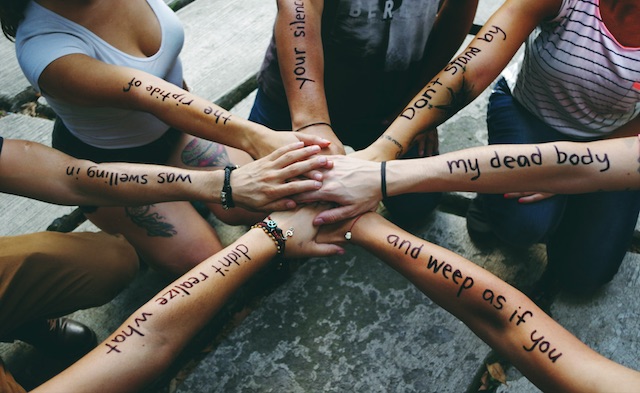
Snail View From Beneath the Sand:
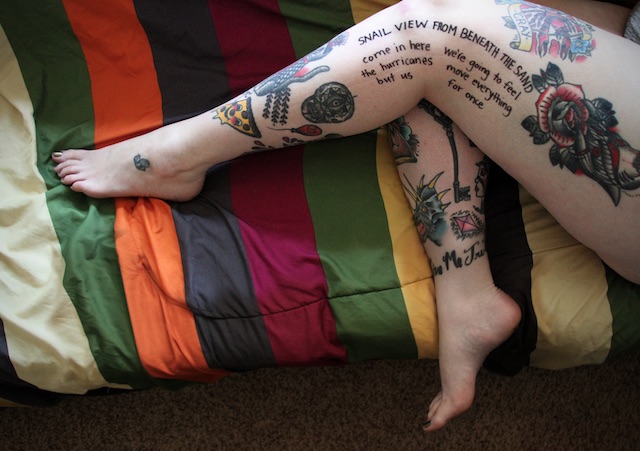
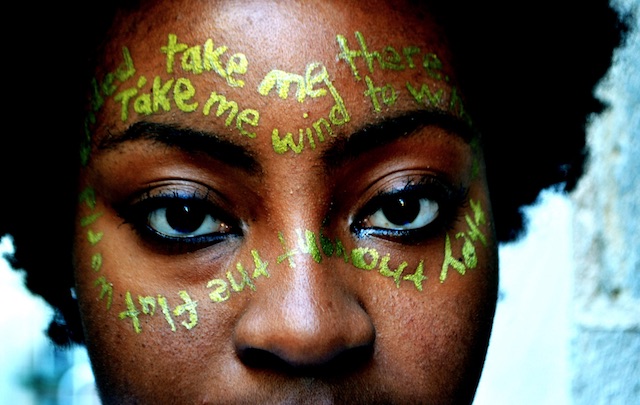
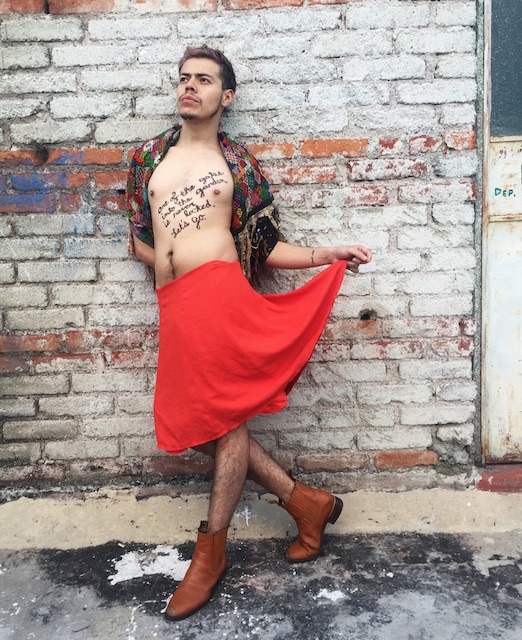
Author: Jessica Lakritz
Images: José Bauza via Skin on Sundays
Editor: Emily Bartran
Copy Editor: Nicole Cameron
Social Editor: Waylon Lewis






Read 0 comments and reply